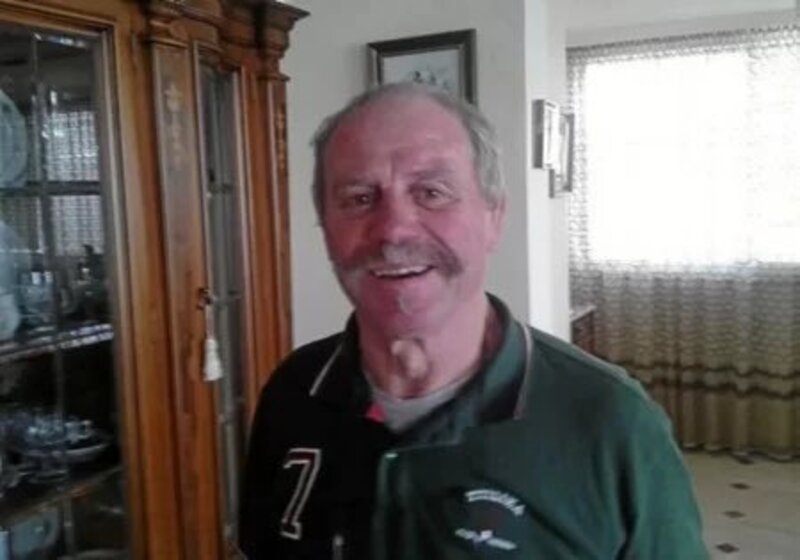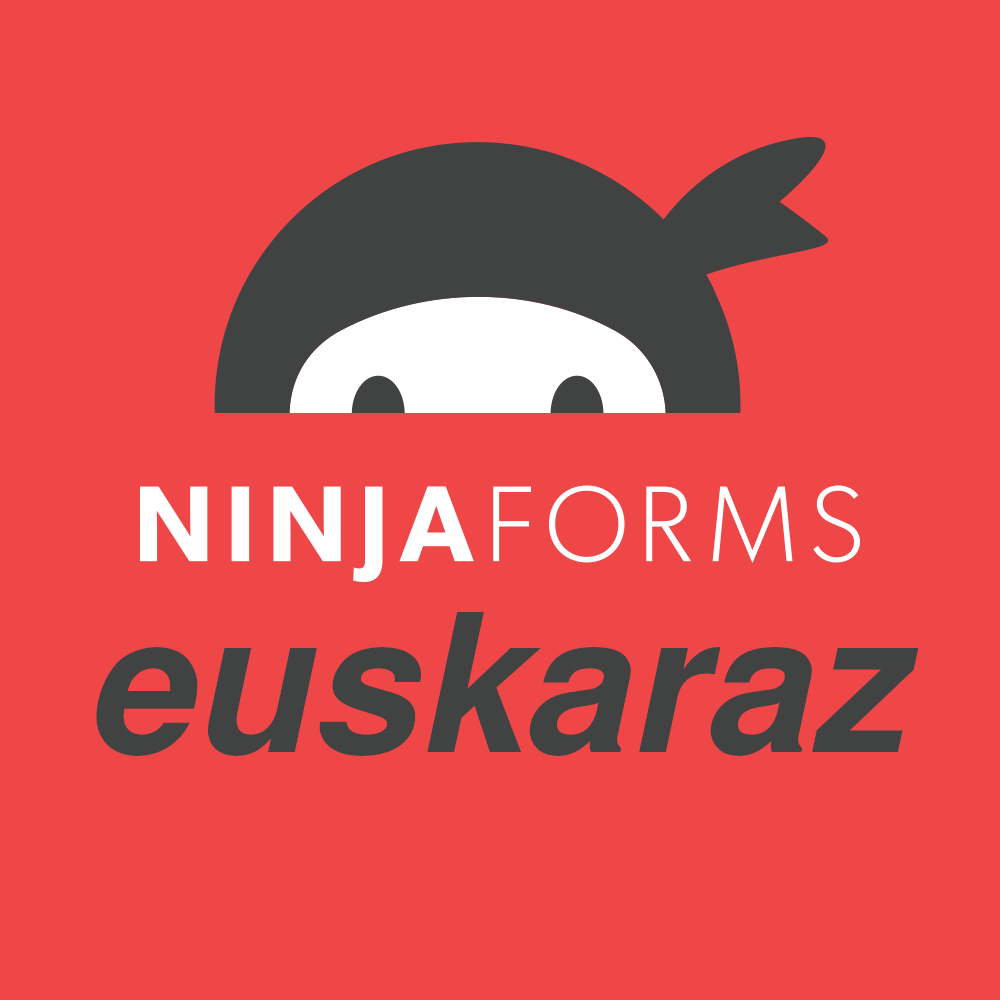Paul Bilbao and BEÑAT Garaio discuss: "Nowadays, Euskera is not in the middle"
- Data indicate that the use of Euskera in the street has decreased. How can it be that at a time when more resources and efforts are being made than ever to promote knowledge and use of the language, there is a decline in use? To learn more about this, we have gathered two language experts invited to the Euskal(e)gintza conferences organized by Egizu and Azebarri.

Lately there is much to be heard that the use of Euskera in the street has regressed, and that young people speak less and less in Euskera. Do you agree with this statement?
Paul Bilbao: I do not agree. Many times we see that Euskaldun people do not use Euskera, but I think that when you say such a fat phrase, you first have to reflect on why that happens; that is, why do people not use Euskera? There we will discover that some myths will fall on us. I have read an article on this subject which mentions relative knowledge and use. If we ask why young people do not use Euskera in our context, brought to Algorta, the first thing we should look at is their linguistic competence. In the end, almost all young people are bilingual, at least, but we would have to know which language they are more comfortable in, which language they have more resources in and which language they have more communicative capacity. We who are bilingual make a selection of language; we make a selection with different conditions. So, if the knowledge of the language is not adequate, that is, I do not have the real capacity to express in Basque those things that the young people have their jargon, but instead in Spanish, which of the two will I turn to? To Spanish, if I don't have such a vascophony awareness.
BEÑAT GARAIO We must bear in mind that the militancy in favour of the Basque country has changed a great deal, in a sense I believe it has decreased. In addition, education has not been updated to adapt to new situations, either from a methodological or approach point of view. On the other hand, the profiles have changed, and more and more families speak in Spanish or do not speak in Basque. On the other hand, more and more is consumed in Spanish and English, as with the growth of social networks the Basque Country has become marginalized. As we all saw before in Dragoi Bola or Shin-chan, now among the young few consume in Euskera, and this also has a decisive influence on the use of Euskera.
What do you think is the source of this problem?
P.B. : I don’t know if everyone will agree with me, but I would say that what militancy does for the Basque people, families, teachers… is increasingly scarce. There is no such effervescence that existed. Historically, the first students were very committed to learning Euskera, and in Euskaltegis this commitment was seen. Today, the issue of Euskera, both politically and socially, has been somewhat relegated, or at least I would say that it has gone a little further down in this virtual classification of priorities; among other motivations or problems. Today, Euskera is not at the center.
P.B. : The data that has emerged recently shows it, that is, that knowledge is not as good as what we thought, and if you do not have a good knowledge, you will speak in another language, whatever is comfortable to you, if you do not have an identity context, at least. As Txilardegi himself mathematically demonstrated, the Basque in general adheres to the Basque. There are people who know Basque and do not use it, but it is not widespread. In those cases I always say that let us put aside the categorical phrases and see what is really going on. And the problem is that we have a problem with educational competencies, and the problem is that we don't have enough space to be able to speak in Basque calmly.
Many have accused Education of being responsible for the failure of Model D. Do you think so?
P.B. : We have a structural problem in Education, that's right. It is true that education has brought a number of new speakers to the Basque community; there is no doubt about this. It is true, however, that red alarms are being produced in recent years, both in model D and in model B. I think we have to be aware that the Basque language is a minority language, and that has to be reflected in the educational projects being developed; we cannot think that the educational model used in a Algorta is the same as that used in Valladolid, because in our case there is a minority language. Therefore, we have to be consistent with this and the treatment we give it must be transversal. In addition, I think we have a certain feeling that we have reached normality.
P.B. : One of the objectives of model D was the revitalization of Euskera, for which students should obtain adequate training in Euskera. The assessment diagnoses indicate that this has not been achieved, so it is clear that something has failed. On the other hand, the use of Euskera in schools is getting lower and lower, also in model D, so it is clear that it is necessary to update aspects such as methodology, teacher training, linguistic attitudes of teachers and parents... It may be a bit controversial, but the issue of school segregation also influences. After all, if immigrants or low-income students are isolated in a class, they will be less likely to speak in Basque, which will necessarily affect their language skills. The educational conflict also influences the Basque country, but it is a thorny issue, and seeing the solution is not easy. I think we should take all the solutions that we have ahead of us, put them all in the same cocktail and throw them into the big envy. In addition, I think it is time to do so, because otherwise, we will be wasting strength and time passes. I therefore believe that this is a very important time to do something like this, with ambition and with desire.
So do you think that we have relaxed too much, that we have lost some of that concern for the language we had in the past?
P.B. : It seems that here the responsibility is always that of the Euskaldunes, and I am a little tired of this statement: that at all times the responsibility for the situation of the Basque country rests on the shoulders of the Euskaldun. I try to live and use the Basque language, but many times they do not leave me. What happens is that in our town there are still many monolingual Castilian speakers, and those put limits on me to use the Basque language. For example, it often happens that in a group there is a Castilian speaking or someone who does not know the Basque so well, we turn to Castilian. That is why I believe that we should reflect from behind. On the other hand, the question of competition is included, but to look at it we must look at the education system and analyse how we can influence it.
P.B. : Yes, and also, the discourse of taxation also influences. Model D is not yet fully extended and, despite learning about it, many students do not master the Basque language well, and if they do not master it well, they will hardly do so; and if they speak it with difficulty, they will not master it. In that sense, in view of the few goals and tools we have, I would say that our tank has a leak, and that we're losing a lot of gasoline or a lot of energy. In the coming years, the knowledge of young people can be our stimulus or our impulse, but without giving too much importance to young people, let us not forget that the responsibility for keeping these measuring batteries well is with adults and the authorities. It is true that the concerns are there, but it has to be said that they are getting a lot, and there is reason to be happy and hopeful. We often talk about problems, but I think we also have something to celebrate and to applaud.
Where do you think there may be a key to turning this situation around?
P.B. : On the one hand, the role we have is to influence language skills. In this sense, lately we are hearing the voices of the new law of education policy. I believe that, once and for all, a generalised learning model should be established to ensure proper linguistic training for all pupils. It is clear that the boot system is model D, but that is not enough. What I mean is that this model should be strengthened and the ratios lowered. Then, on the other hand, we also need spaces for the use of Euskera. Through them, we will be able to speak in Basque with complete peace of mind, without any kind of linguistic stress. But in addition, other spaces will have to be created, especially in leisure time. I am sure that if a citizen has the right Basque capacity and is able to use Euskera normally, that person will use Euskera. So, I think the keys are there.
P.B. : In the case of educational and Basque agents, the demands have been there, and it is true that it seems that in recent years the institutions have not made much movement around the gravity of the situation observed. But, in view of the recent contacts and statements by politicians, there seems to be a responsibility and a desire to reverse it, and new people have also entered the Department of Education, there are new posts, and there is an intention to respond to this challenge in the coming years. For example, according to the news we have had in this regard, EH Bildu and the PNV have reached an agreement for the remodeling of model D. You'll have to see what's left, but something seems to be changing, and if it's for the sake of the Basque and the perfect Model D. I'm optimistic because I see that there are things that are changing and that, besides the fact that people are worried, that it's working, that it's coming in, that it's playing different buttons and that it's activating the people around it. That seems to me to be encouraging. Moreover, working for the revitalization of the Basque Country and being pessimistic is not a contradiction, but as Kike Amunarriz said: -For the same price, I'd rather be hopeful.
We Basques move our feet behind the witness of Korrika to proclaim that we want to survive as a Basque people in favor of our language, with the aim of the Basque Country we desire.
The tipi-tapa is the first step taken by a migrant person who leaves his homeland in Africa,... [+]
Euskalgintzaren Kontseiluak eta Bizkaiko Foru Aldundiko langileak elkarretaratzea egin dute langileen egonkortzearen eta euskalduntzearen alde.
EH Bai koalizioak babesturiko Ahetzen zerrenda gailendu da bozen bigarren itzulian, joan den igandean, botoen %44 erdietsirik.
The victims created by the IAP are not only functionalized teachers thanks to the stabilization process brought about by the IAP Law, but much more. Some have been given some media visibility as a result of Steilas's appeal, but most of them are invisible. All the victims of the... [+]









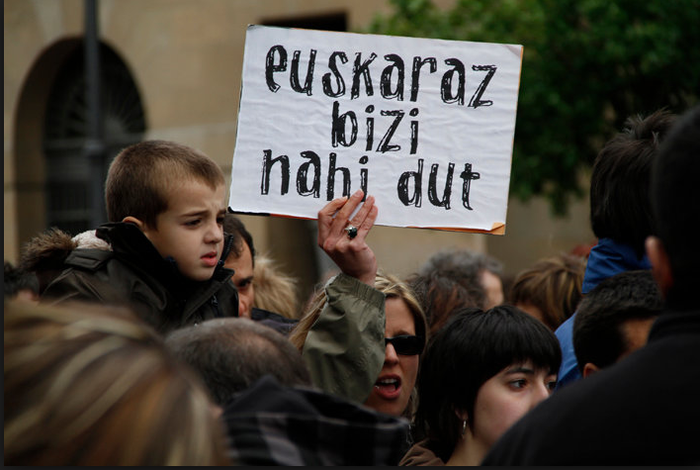
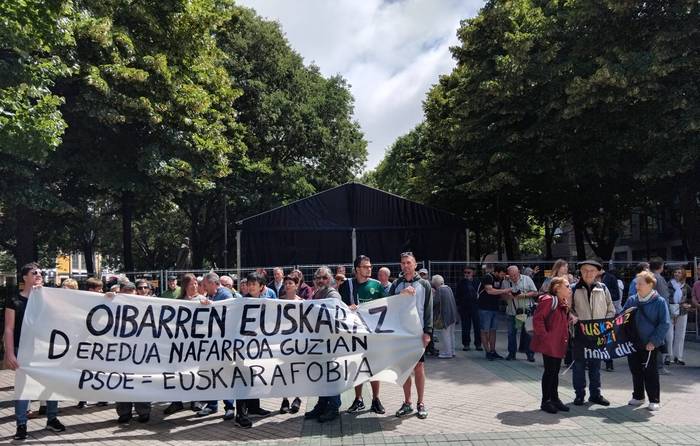
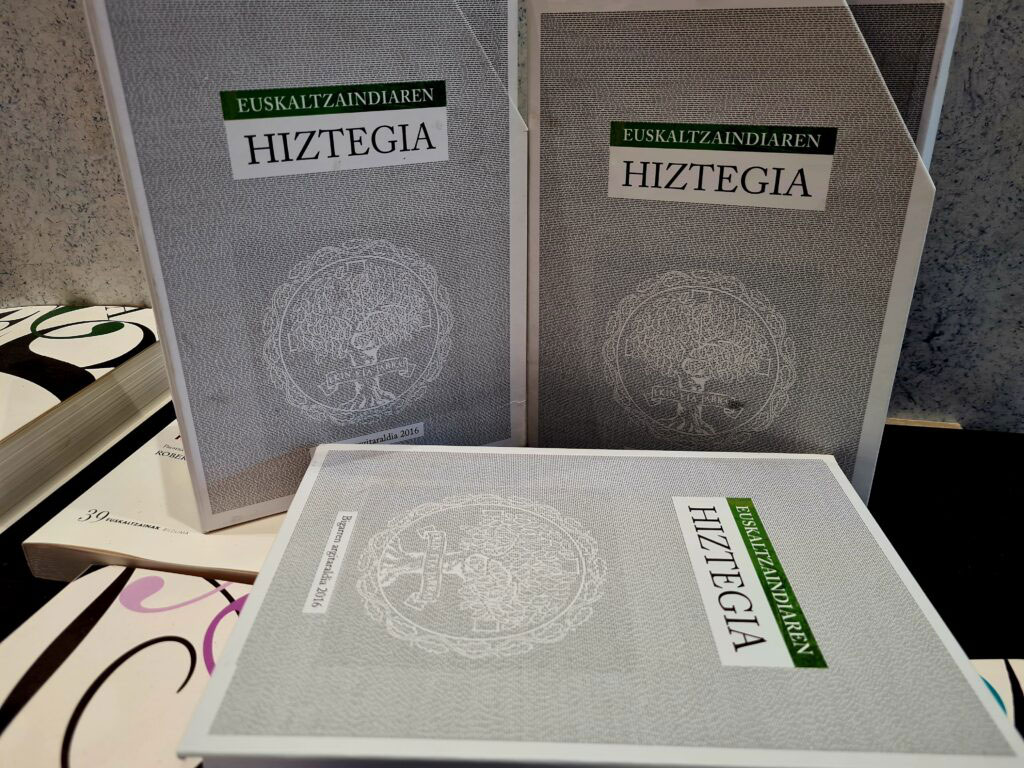
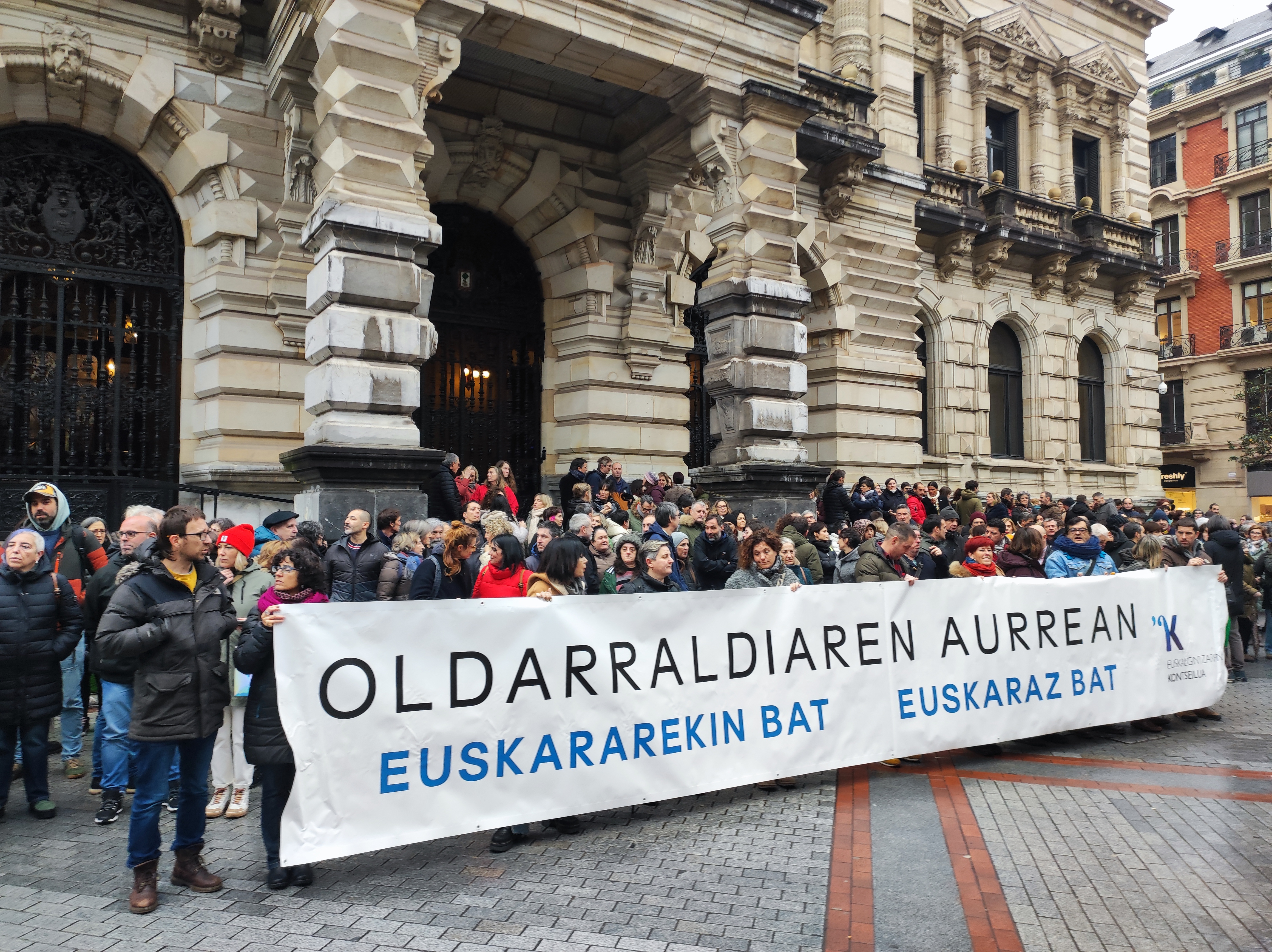
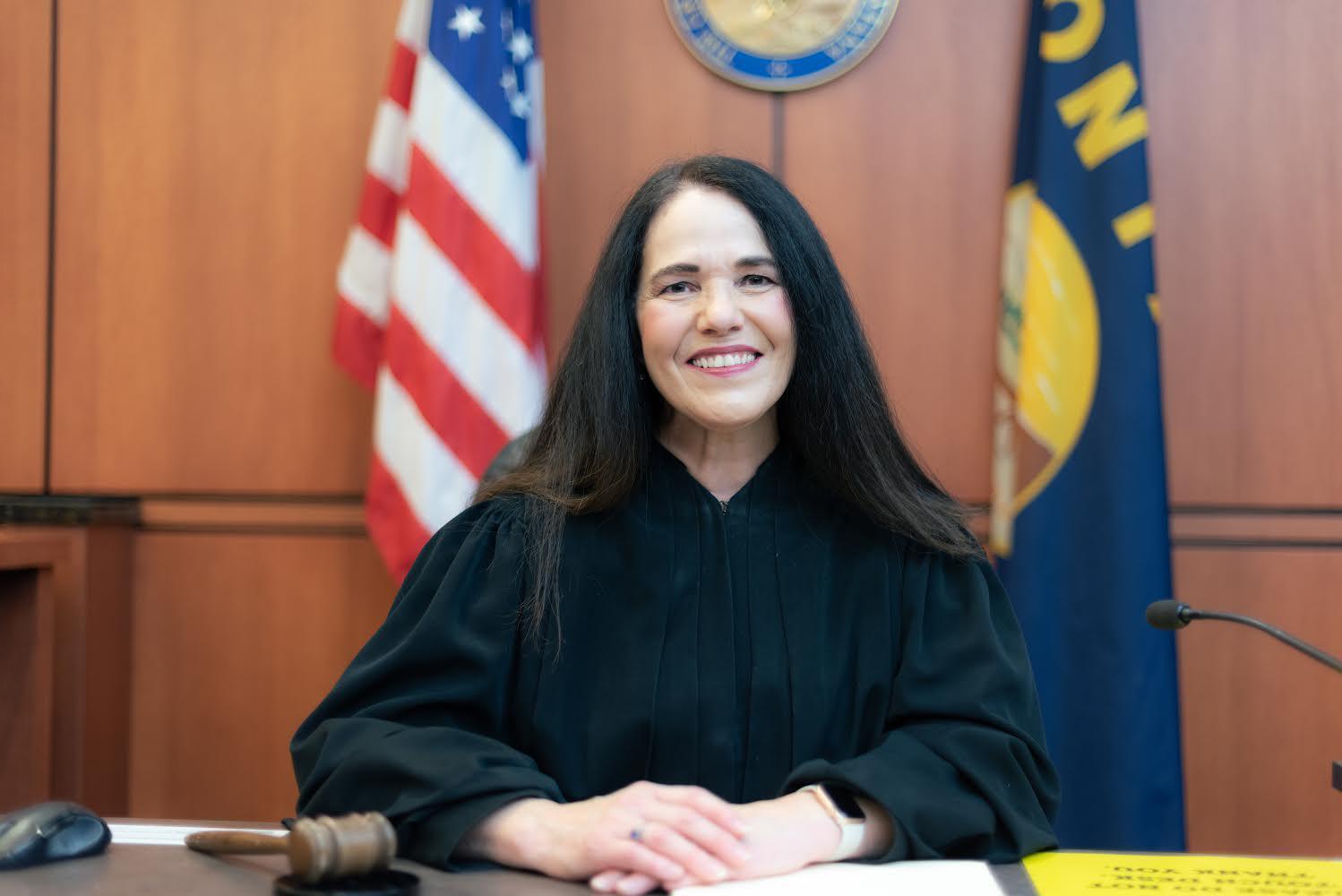
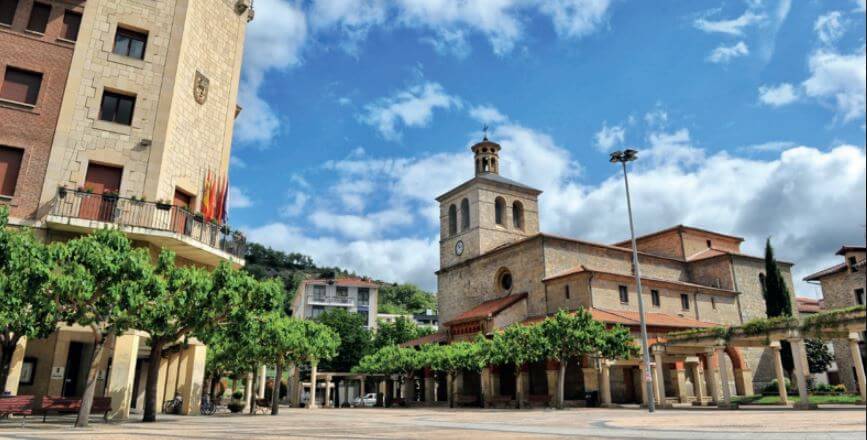
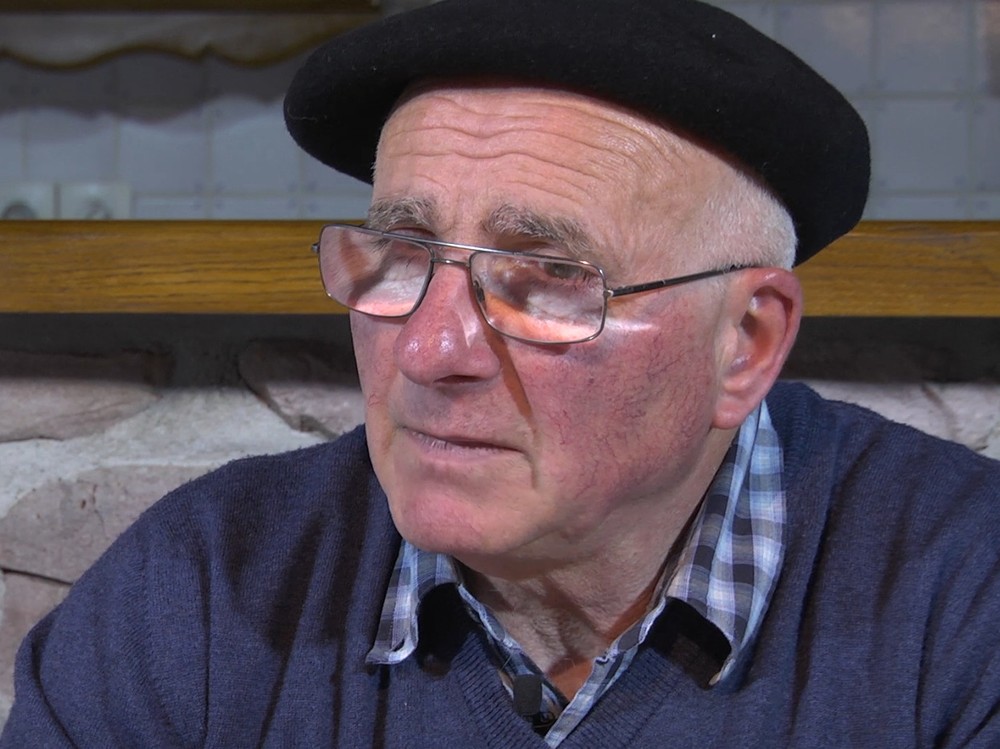
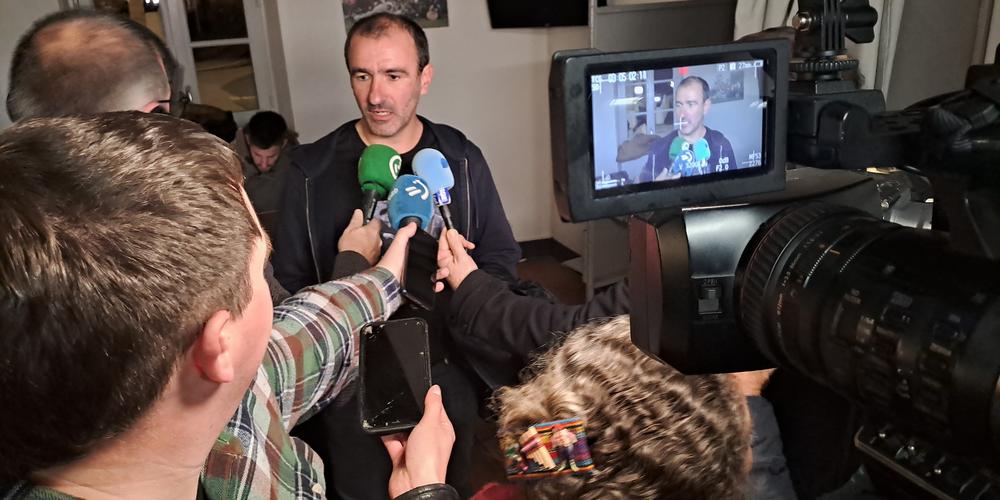
.jpg)
